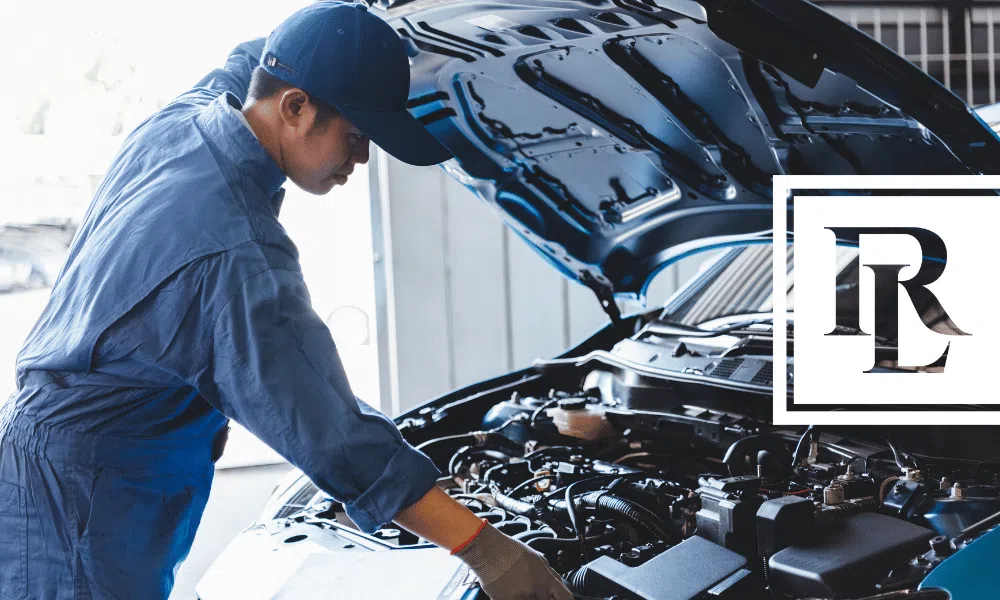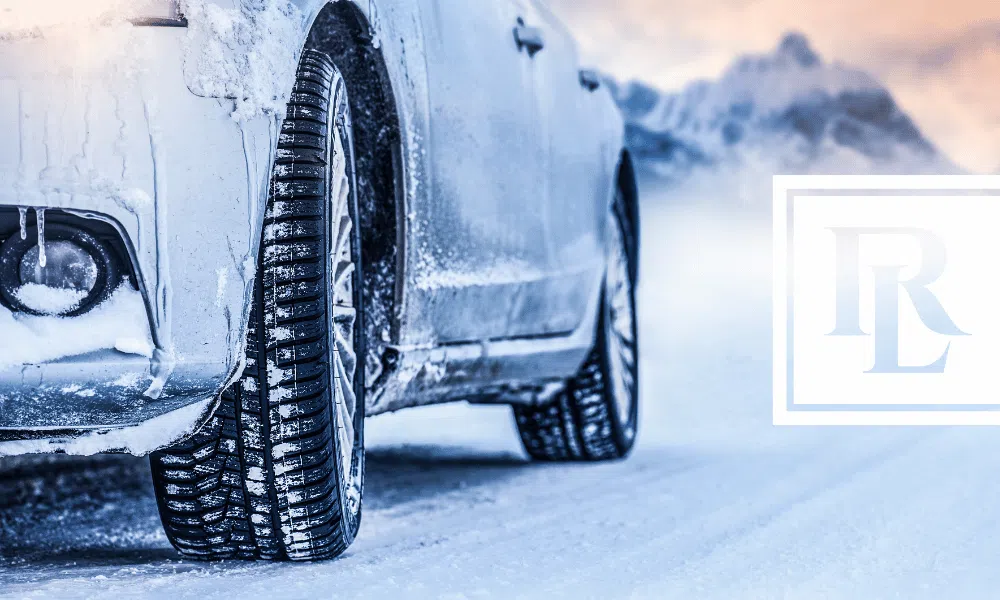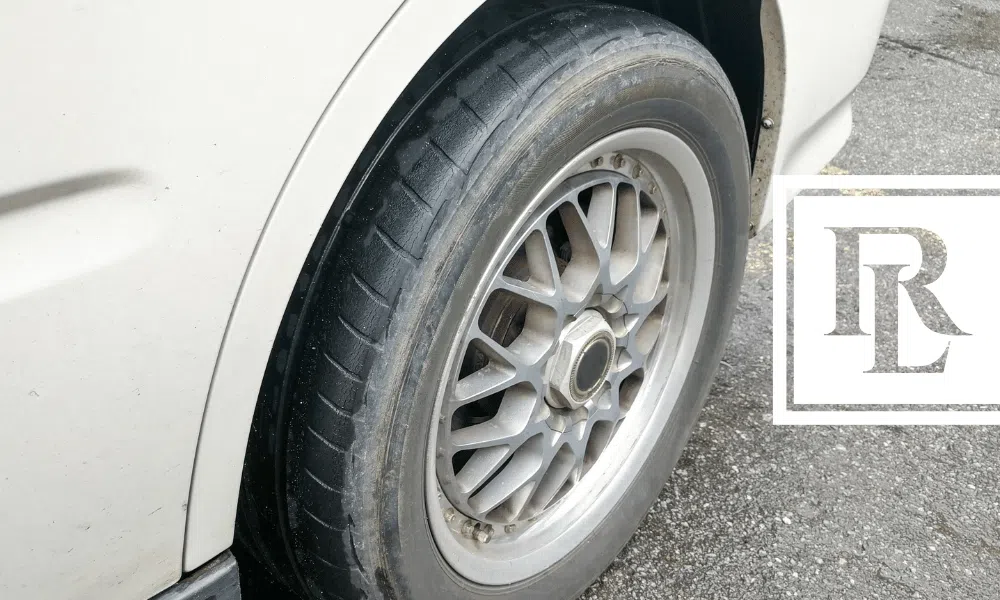There are several benefits of regular car maintenance. It helps maintain your vehicle and allows you to identify potential problems early. A well-maintained car is a high-value car. Regular maintenance means that your car is in good condition at all times, which means a better resale value. You also get more gas mileage when you have a well-functioning vehicle. Most important, regular maintenance lowers your risk of being involved in an accident.
Many accidents every year are caused by underinflated or overinflated tires, malfunctioning brakes, and other defective auto components. Performing regular DIY maintenance of your car allows you to identify potential problems, so that these accident risks are controlled. When your car is top condition, you are much less likely to spend money on expensive repairs and replacement of parts. With regular DIY car maintenance, you have a more fuel-efficient, reliable and safer car.
Fortunately, as automobiles become more advanced, the amount of time and effort that you have to spend on maintaining them has decreased.
However, there are still some basic checks you can do at home to ensure that your car is running well and stays in good condition:
- Check fluids regularly — This includes engine, brake and transmission fluid, as well as power steering fluid and antifreeze/coolant).
- Change your oil regularly — The need for an oil change could depend on your car model. Some cars only require an oil change after approximately 15,000 miles of operation, while others may require an oil change after 5,000 miles. Those who live in median climates and don’t drive in stop-and-go traffic can wait on an oil change until 7,500 miles.
- Change the oil filter when changing the oil.
- Replace the air filter when necessary. Visually inspect the filter for an overall clogged look and replace as needed.
- Check hoses and belts regularly and look for signs of brittleness or excessive wear and tear.
- Look at the connectors on your battery. If they are corroded, take the car to a mechanic.
- Inspect brakes at least once every year.
- Inspect rotors, drums and brake lining every time you take your car in for an oil change.
- Check the tire pressure and tread before long trips and prior to major season changes like winter or the rainy season (underinflated tires can increase the risk of a rollover accident or loss of control over the car). Defective tires are notoriously hard for consumers to identify, so if you have any reservations about defective tires, ask your tire retailer to check them for you.
- Look for bald spots, merges and signs of uneven wear and tear on tires.
- Replace wipers when they begin to leave streaks, usually once a year.
- Enlist a friend to help you check your lights, watching them for outage or dimness while you press on the brakes and use the turn signals with the car in park.
- Check the HVAC system of the car and make sure that your heating and cooling system functions properly. Not only does a well-functioning air conditioning system ensure a more comfortable ride for you, but it also has other safety properties, like defrosting.
Malfunctioning auto components, like brakes, steering wheel, wheels and tires, can increase a motorist’s risk of being involved in a potentially serious or even fatal car accident. If you have suffered injuries in a car accident, speak with an experienced car accident lawyer at Rob Levine. Call 800-529-1222 to speak personally with an attorney or fill out our online contact form today!






